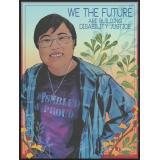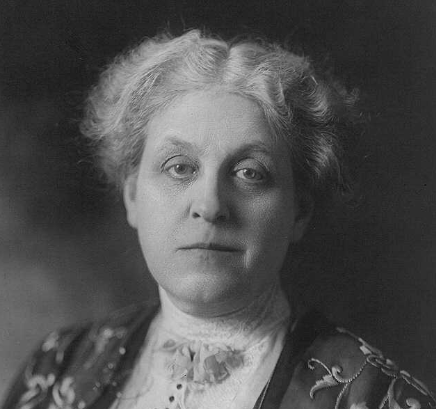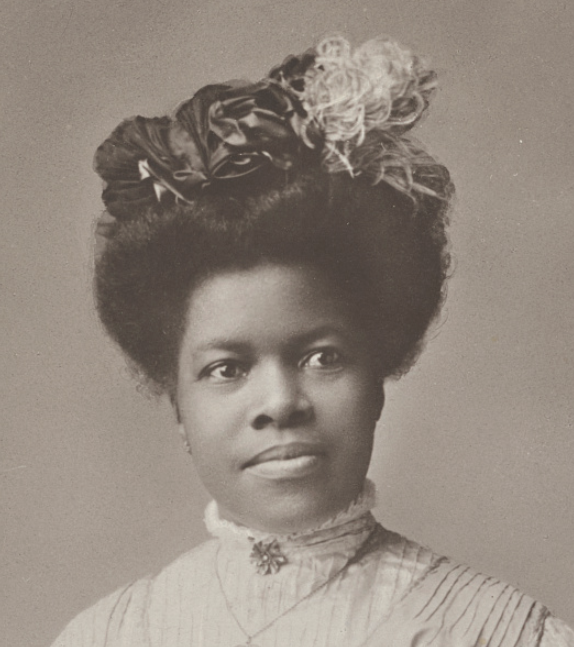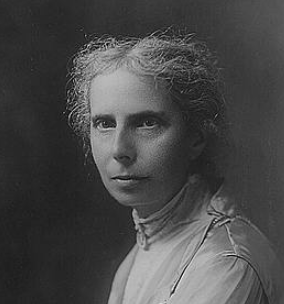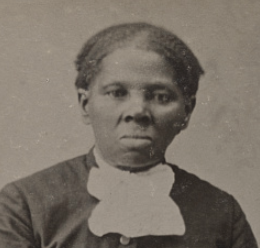The December Inclusive History News features a blog post on the emergence of disability history as a national movement at the National Council for the Social Studies (NCSS) conference in Boston. Colleagues from Keene State College, the Easterseals Massachusetts hashtagTeachDisabilityHistory campaign, and I were among many advocates active at workshops, posters, meetings and on the floor of the exhibit hall working to advance disability history.
https://www.emergingamerica.org/blog/emerging-americas-inclusive-history-news-december-2024

[Marchers, some holding banners reading "Fighting for our lives" and "NY AIDS Network" during a gay rights march dedicated to the victims of AIDS, New York City, June 26, 1983] / JTB.

New machine to speed up statistics of census of 1940. Washington, D.C. Harris & Ewing, photographers. Library of Congress.
There are two opportunities to meet with the Teaching Disability History Interest Group March 7-9 at the NCHE conference in Cleveland. Share updates of state and national efforts. What are you doing? What would you like to do?
Participants in Thursday's Library of Congress TPS Consortium meeting can gather at the end of the day when Consortium Interest Groups meet.
All conference attendees are welcome to an informal conversation of group, Saturday 12:30-1:45. We will gather on Hilton 5th floor by the escalators outside Superior A after the keynote. (Near conference registration area.) We may migrate to somewhere we can talk. Bring your lunch if you like. (You might try the Noshery off the 1st floor lobby.) Look for Rich Cairn.
Email rcairn@collaborative.org if you have questions or to tell us to look for you.
Special Education Social Studies/History Disability Disability History
- Empowering Students with Disability History: A Workshop for Special Education Professionals
- January 30, 2024 5:00-6:00pm (Eastern Time)
- Rich Cairn, Emerging America and Ross Newton, HEC Academy
- This FREE workshop will support increased attention to disability across the K-12 academic curriculum, by providing basic historical knowledge, free curriculum materials, and strategies for collaboration with elementary teachers and Social Studies and English Language Arts teachers across grades.
- Tour the free Reform to Equal Rights: K-12 Disability History Curriculum - 23 lessons using 250 primary sources.
- Register.
Special Education Social Studies/History Disability History Disability Inclusion
The "Disability History" group has become, "Teaching Disability History." The new title accompanies the launch on February 8 of a new bi-monthly interest group discussion of educators and activists working at the local, state, and national levels.
Topics to discuss will include: state mandates to teach disability history, exemplary disability history standards, effective programs at the state level, National History Day projects on disability history, practicing disability in Culturally Relevant Pedagogy, grass roots campaigns, the future of disability history, and more!
Join this discussion group and add your ideas. (Click the "Join Group" button above.)
To sign up for the bi-monthly discussion, sign up using this Google form.
Comment below to give input on the group and to nominate an image from the Library of Congress to use as our new icon for the group in the TPS Teachers Network. You might check out the many images from the Library in the Reform to Equal Rights: K-12 Disability History Curriculum. (The unit plans all include thumbnail images.) Or email Rich Cairn - rcairn@collaborative.org.
English/Language Arts Social Studies/History Special Education U.S. History Disability History Disability Disabled Disabilities American History Culturally Relevant Pedagogy
Testimonials
- I love that there is new info on the site daily!
- I had a wonderful time working with the Library of Congress and learning about all of the resources at my fingertips!
- The TPS Teachers Network has an equal exchange of ideas. You know it's not a place where you're being judged.
- My colleagues post incredibly fine resources and ideas....the caliber of the suggestions and resources make me feel that I take a lot from it. It's a takeaway. And I hope that I can give back as much as I get.
- Going into this school year, I have a fantastic new resource for my own instruction and to share with my colleagues!
- I am very glad that I discovered the TPS Teachers Network through RQI. Great resources can be hard to find out there on the internet!

